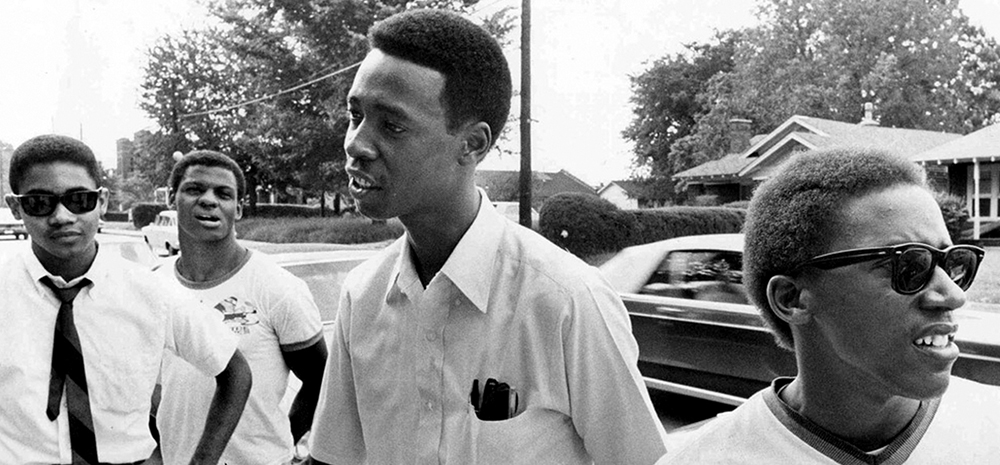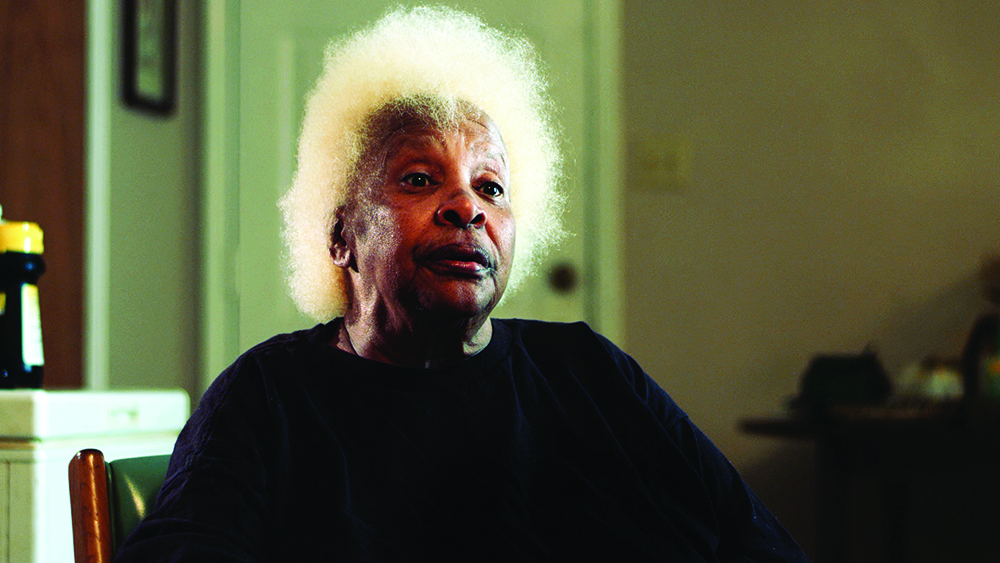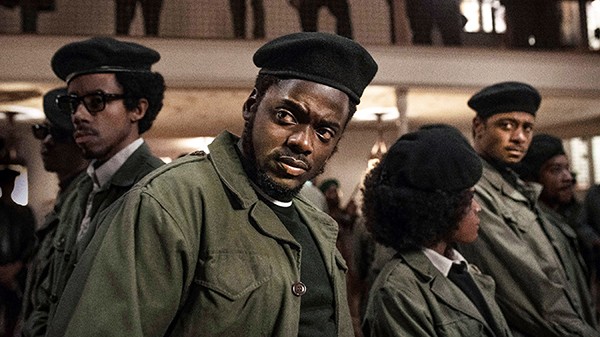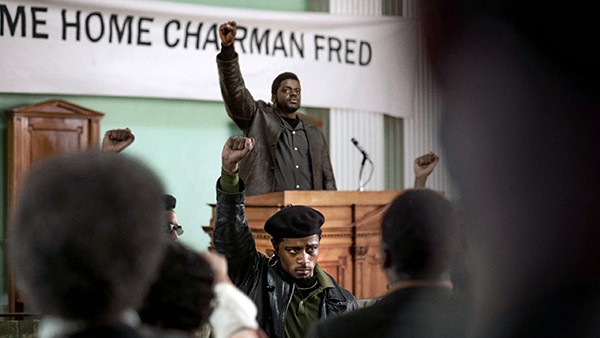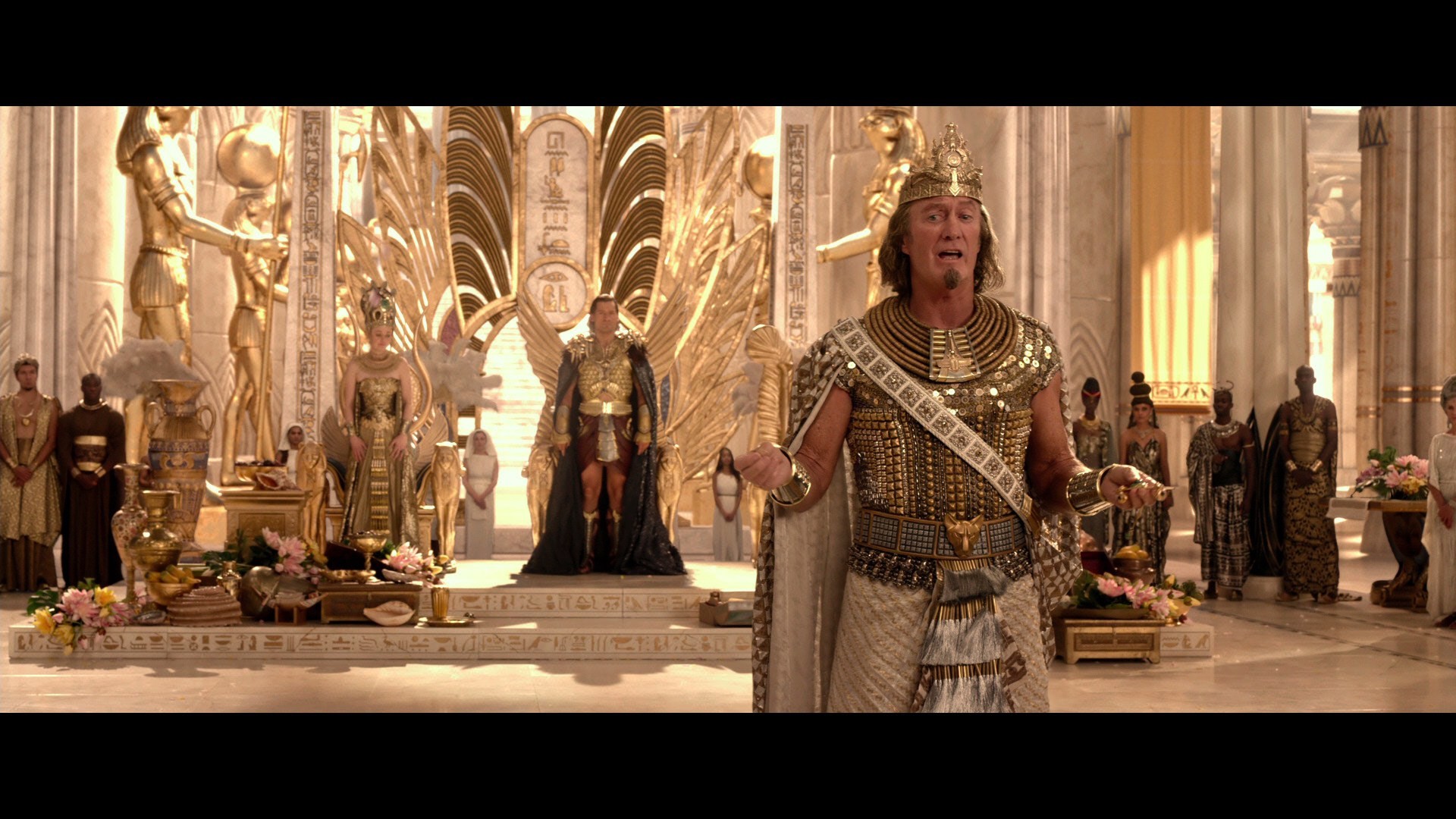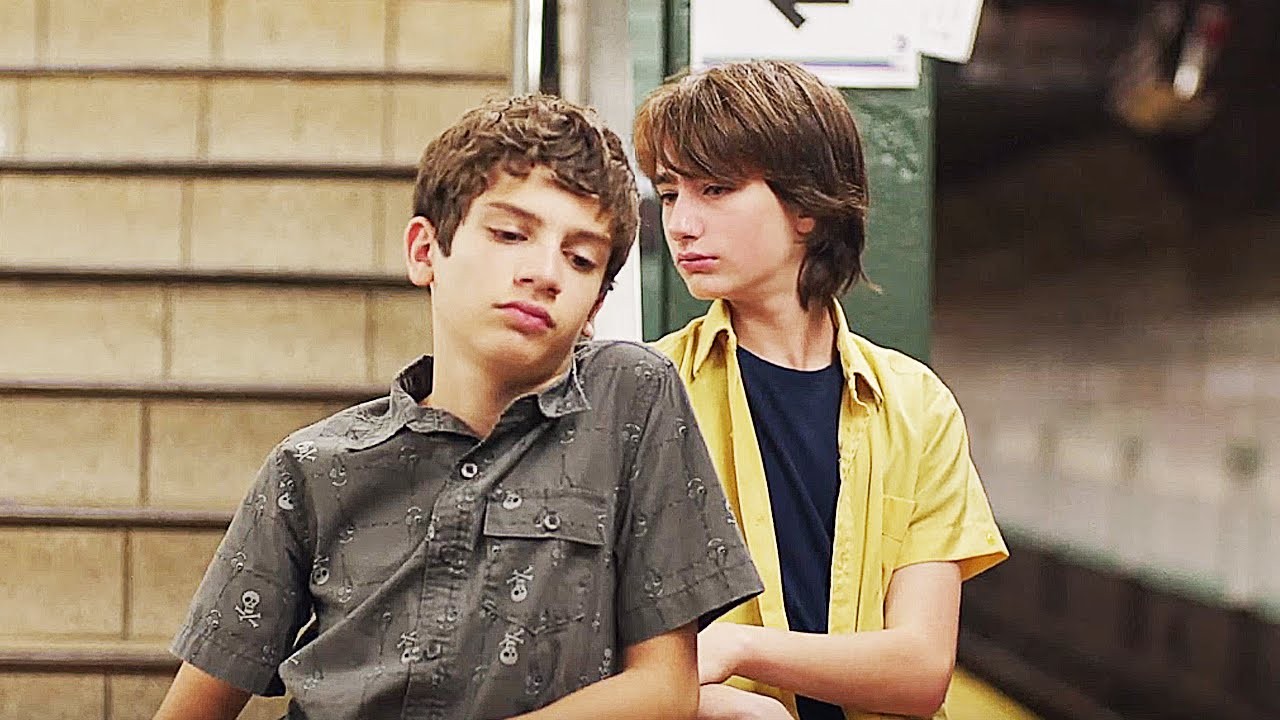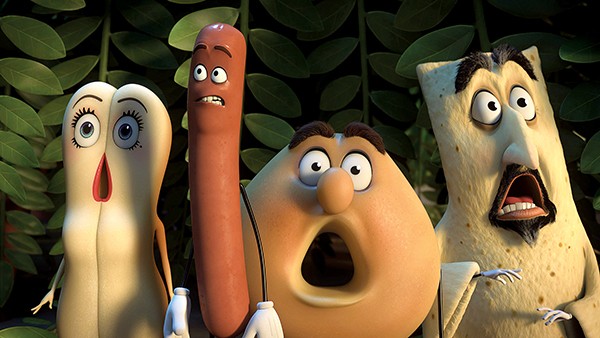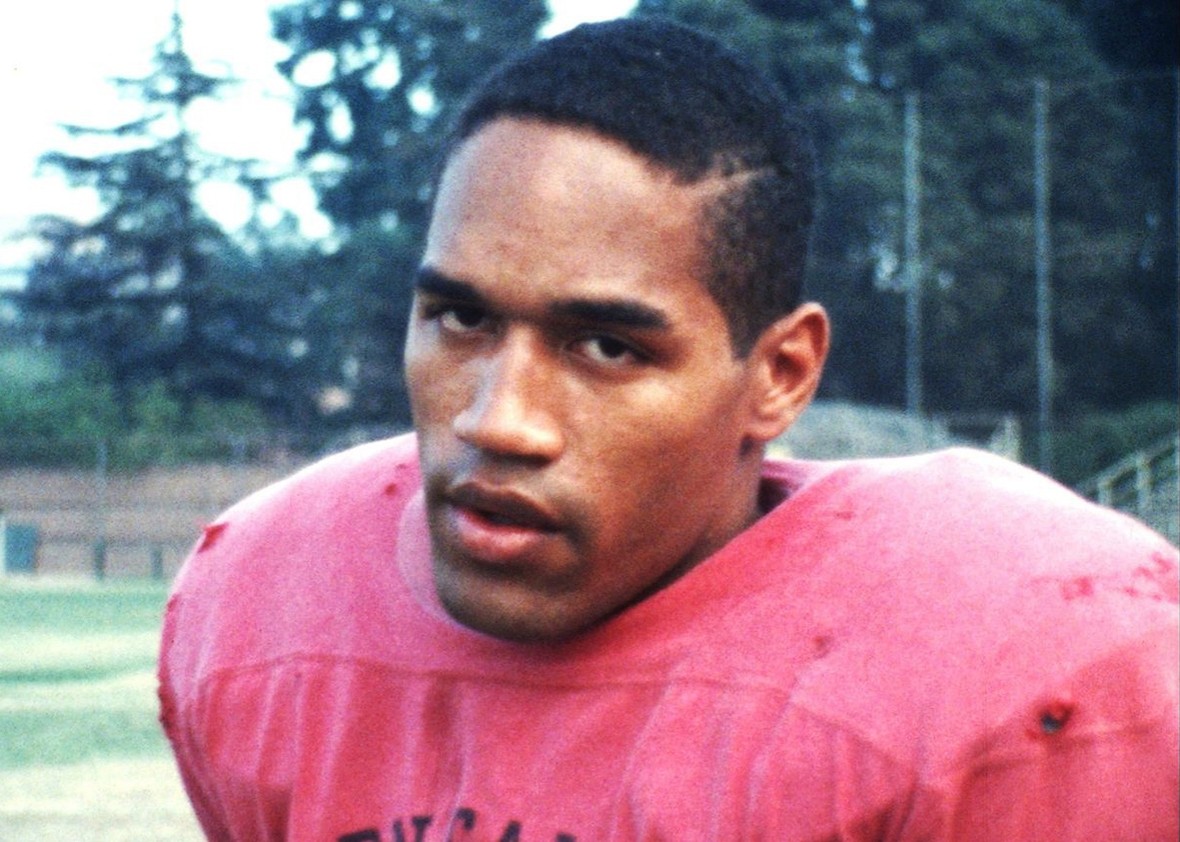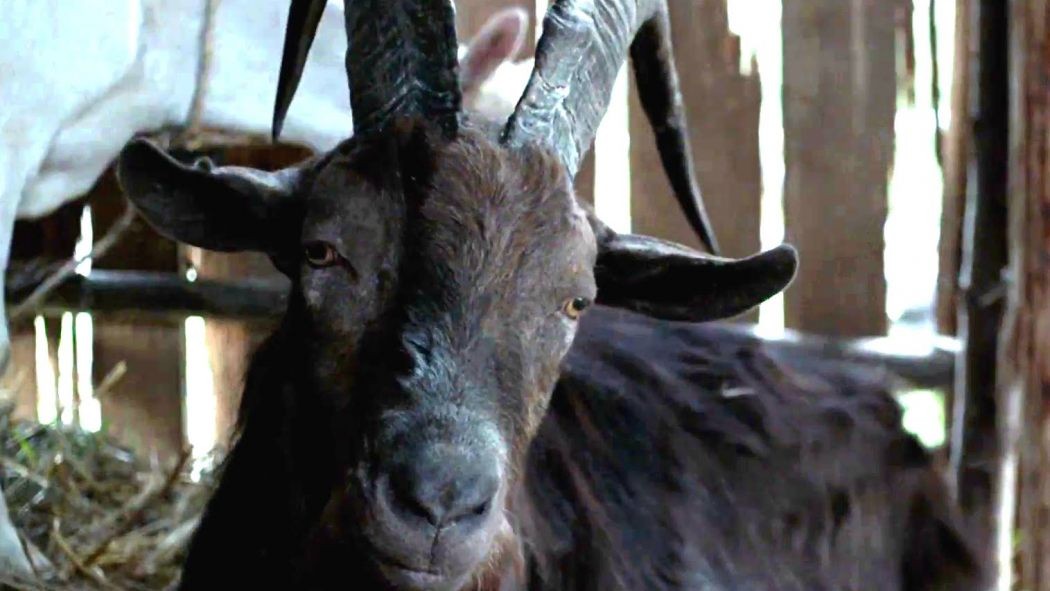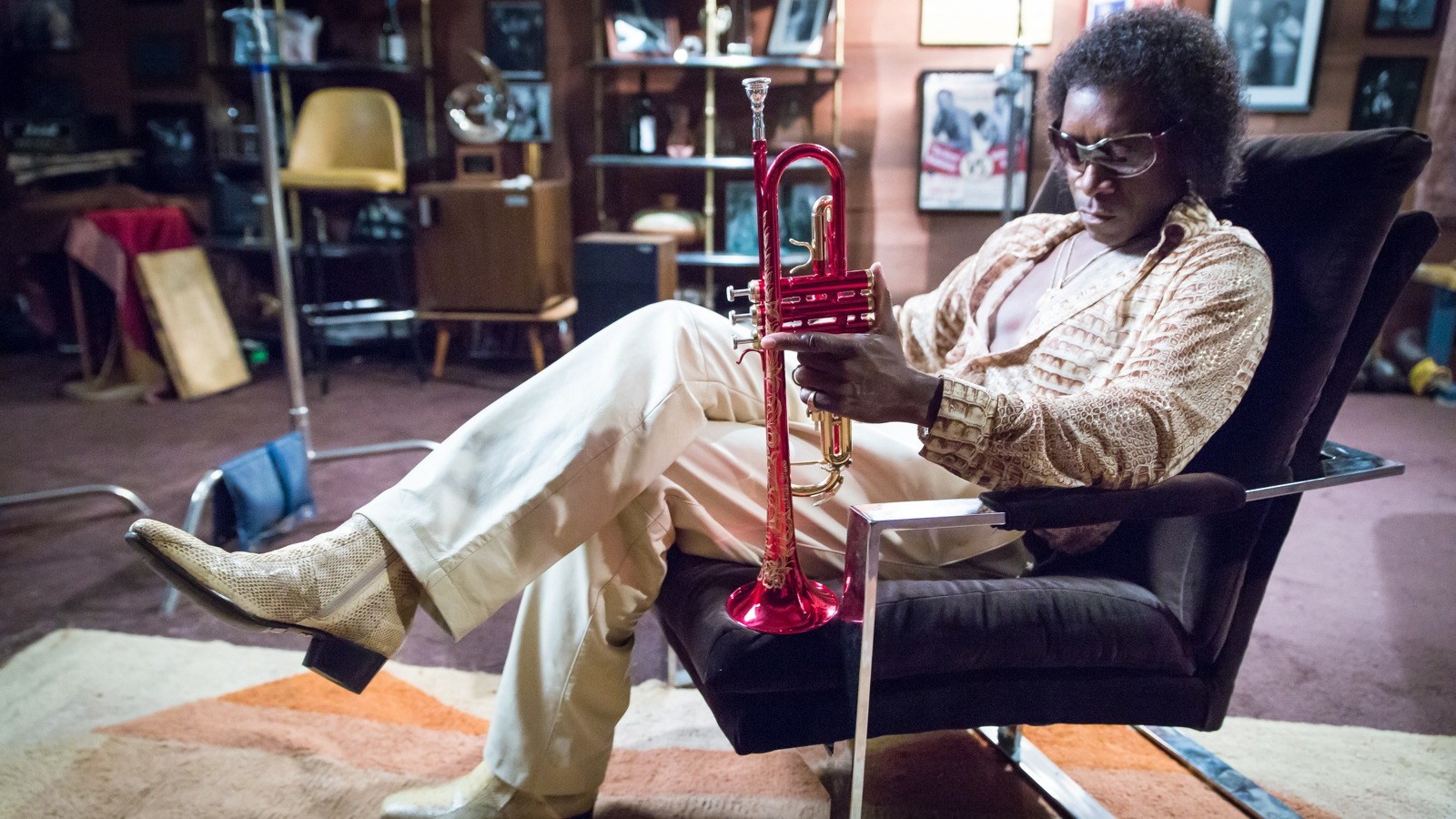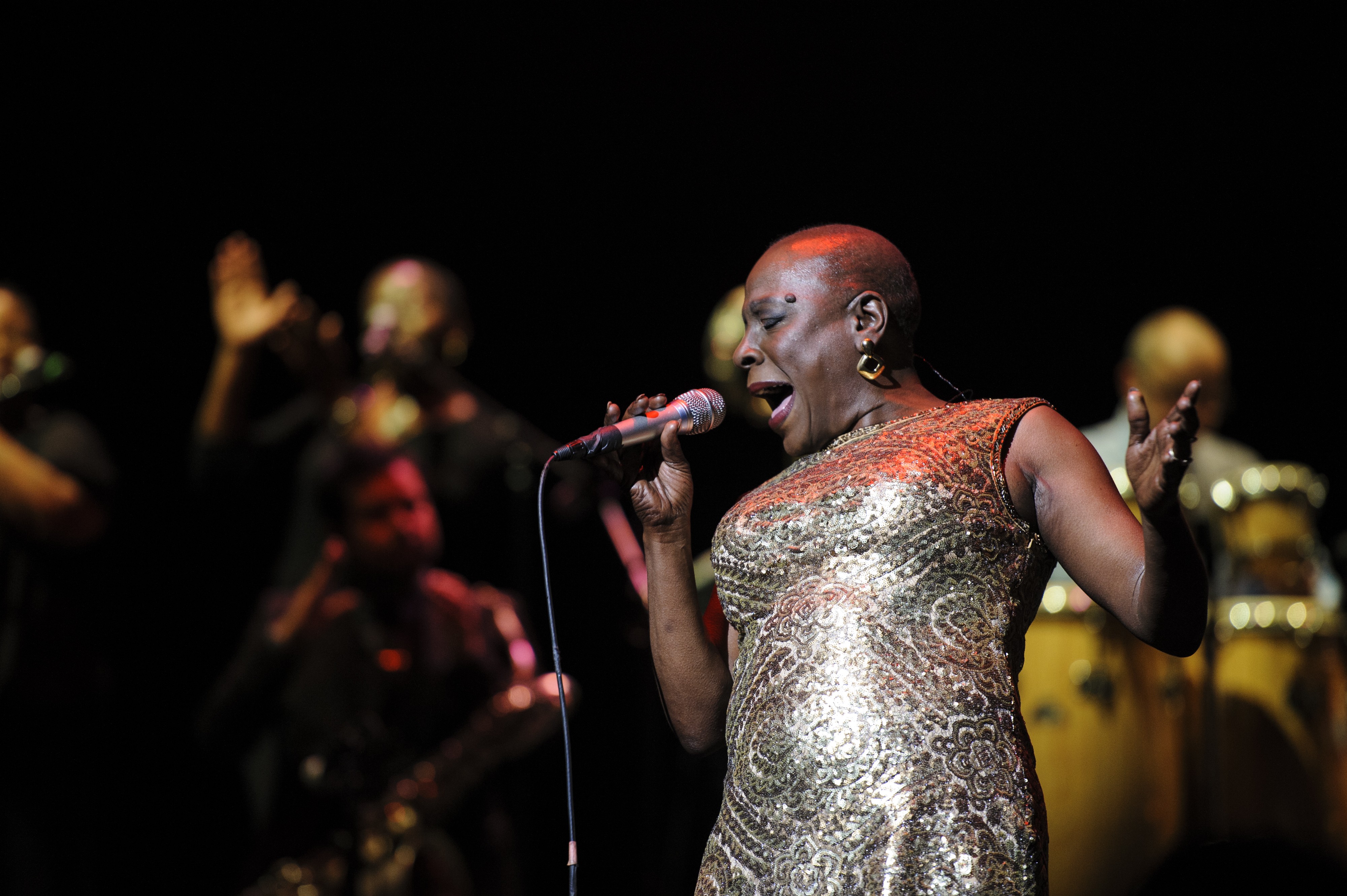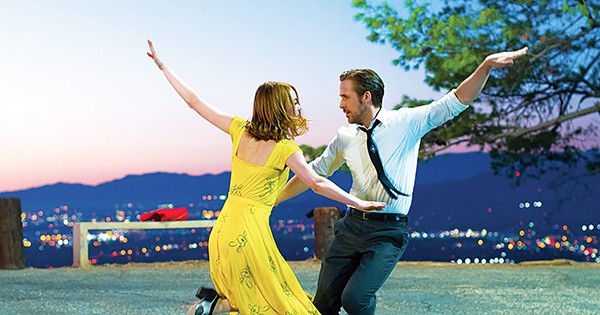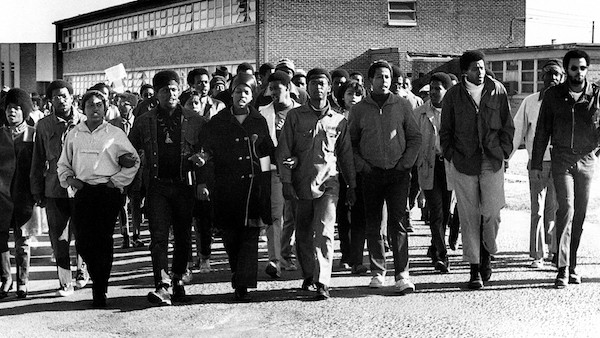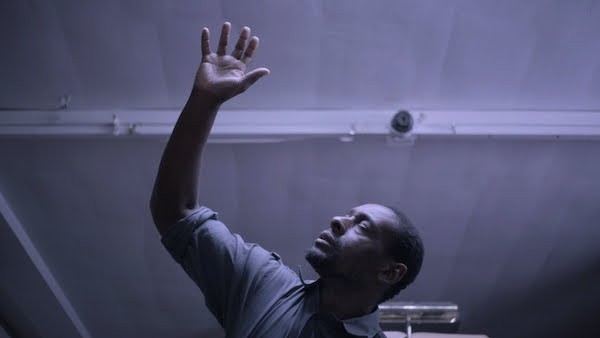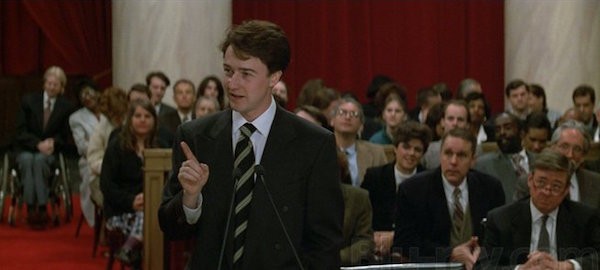Amid the smorgasbord of screenings available during this week’s Indie Memphis Film Festival, there’s one non-festival screening that any afficionado of either documentaries or Memphis activism should make a point of seeing. While The Invaders was featured at Indie Memphis seven years ago, it’s more relevant than ever. The local activist group from which the film takes its name was both a part of and ahead of its time.
Many reviews note that The Invaders were not unlike the Black Panthers, but as original Invader John B. Smith told the Memphis Flyer after the film was made, “We were not the Black Panthers. We were not gun toters or anything. We were a social change organization. We had a program that we were running in the community, we were working with young people, and when we got involved in the sanitation strike is when the Commercial Appeal and the Press Scimitar picked up on the Invaders. We had been operating a year before then.”
Thus, they’re a key to understanding the local Black community at the time. Another Memphis quality of the group was how close to the musical world its members were, and this week’s celebration of The Invaders will also spotlight a Stax Records singing group of the era, the Mad Lads. The film screens at the Crosstown Theater on Thursday, followed by a performance by the Mad Lads at the Stax Museum of American Soul Music on Friday, and the twin events are a hat-tip of sorts to a founder of both the Mad Lads and The Invaders, John Gary Williams, who died in 2019. His presence will be deeply felt by many who attend.
It makes perfect sense, then, that the Mad Lads performance (led by Williams’ brother Richard) will be preceded by the unveiling of a new exhibit area at the Stax Museum focused solely on John Gary Williams and his impact. Stax Museum collections manager and archivist Leila Hamdan says, “This exhibit is very important and meaningful. John Gary lived his last years as a very strong community member. He was a minister. He was a family man. And, you know, we want to honor him in all the phases of his life, not for being an Invader, or being in the Mad Lads. He was a lot more than that.”
Williams developed a following over the years for his work with both groups, but also for his solo album on Stax and its title single, “The Whole Damn World is Going Crazy.” All told, his story is one of increased awareness of the world’s injustices, underscored by his service in Vietnam, and his attempts to address that through both activism and art.
For Ari “King” Khan, whose brilliant, ’70s-soul-inflected score brings The Invaders to life, the two are inseparable. Well before last year’s Gonerfest, he was already excited about this week’s events. “For the 20th Anniversary of the Stax Museum, they’re going to make a John Gary Williams exhibit, and include the jacket of The Invaders in it,” he enthused. “They want to shine a light on revolution. I feel like Stax was so important, spiritually, cosmically, and politically. By embracing the story of The Invaders, the museum’s correcting a grand error. Imagine if Dr. King had met with the Invaders and said, ‘We’re going to convert all the Black Power groups to working through nonviolence.’ Imagine if the ghettos had been transformed into intellectual playgrounds for poor people. America would look very different. People are very hopeless right now, but there’s a beautiful connection between doo-wop, rock-and-roll, and Black Power to inspire us, and it’s all there in the story of John Gary Williams.”
A Celebration of the Mad Lads and the Invaders includes a screening of the film at Crosstown Theater on Thursday, October 26th, 7 p.m., and a performance by the new Mad Lads at the Stax Museum on Friday, October 27th, 6 p.m. Original Invaders member John B. Smith will speak at both events. Free.

